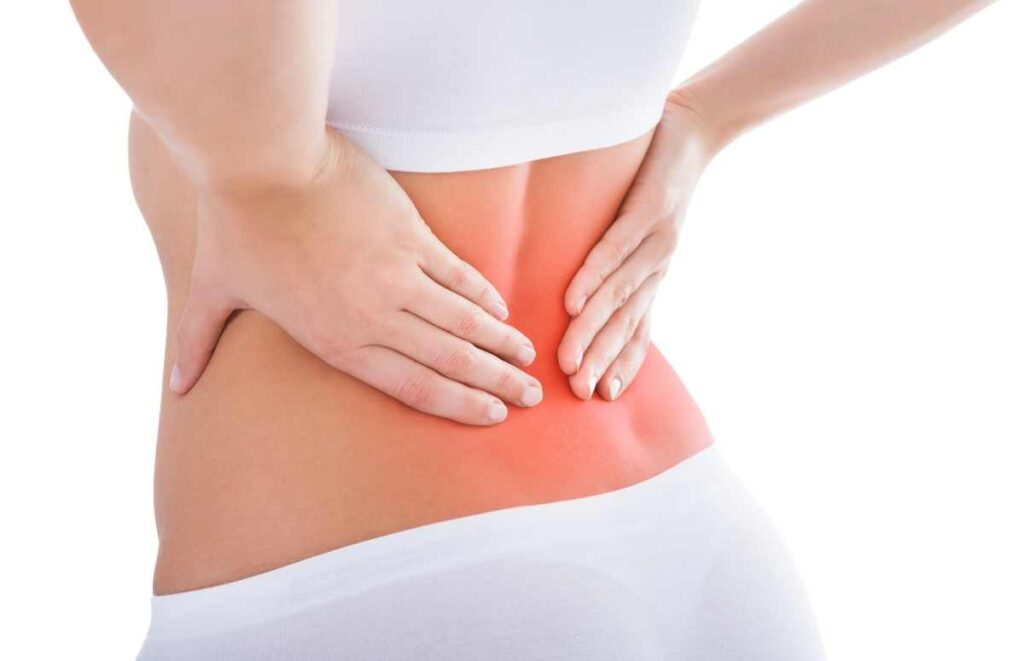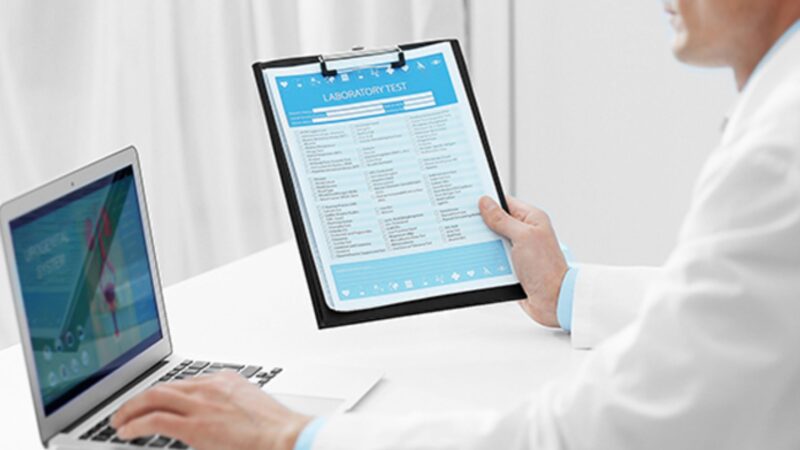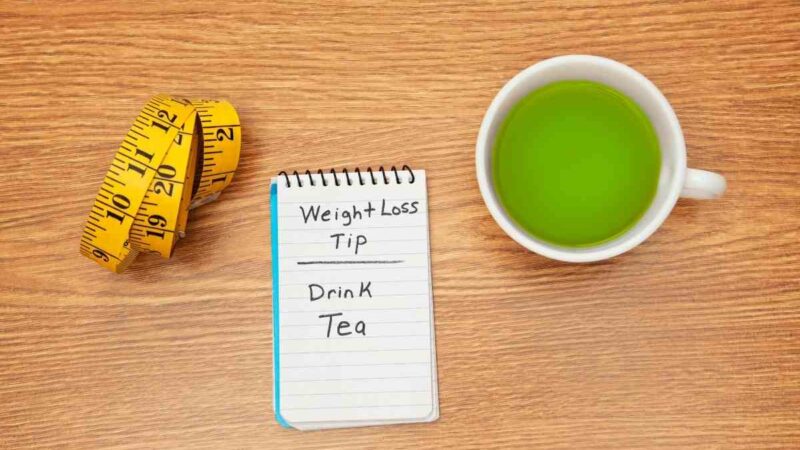Lower Back Pain Causes in Female Before Period?
For most women, menstruation can cause back pain, abdominal pain, bloating, and headaches. During those days of the month, lower back pain can range from a minor annoyance to debilitating pain. The pain is typically felt along the center of the low back. Most women’s back pain begins a few days before their menstrual cycle and usually subsides afterward. The good thing is that lower back pain during menstruation is generally not severe and will go away on its own.

Lower back pain during a period can be distressing, but it is usually not a sign of a severe medical problem. However, some medical conditions, such as endometriosis or uterine fibroids, can cause severe lower back pain during menstruation. If this type of pain interferes with daily activities during your menstrual cycle, it’s critical to understand why it occurs and how to cope with and manage the pain.
Lower Back Pain: Period or Pregnant?
For most women, early pregnancy signs can be confused with those of her upcoming menstrual period, also known as PMS. However, it is not possible to tell whether a woman is pregnant or experiencing symptoms related to her forthcoming menstrual period based on early symptoms alone. The following are the most common signs and symptoms shared by these conditions:
- Headaches: While headaches can be a symptom of pregnancy, many women also experience headaches or migraines before their menstrual period or as a result of PMS.
- Back pain: This symptom can indicate that your period is approaching, suggesting that you are pregnant.
- Mood changes (irritability, anxiety, crying spells): Mood changes are expected in PMS and early pregnancy. Depression, anxiety, irritability, and mood swings are examples of these changes.
- Constipation: The hormone progesterone can cause digestive issues such as constipation. Because progesterone levels rise during the second half of the menstrual cycle, women with PMS or an upcoming menstrual period may experience constipation. Similarly, early pregnancy hormonal changes can cause constipation.
- Increased urination: If you are pregnant or are about to start your period, you may experience increased urination.
Severe Lower Back Pain During Period
Lower back pain during menstruation is usually muscular and is thought to be caused by hormonal fluctuations. Prostaglandins, hormones released during the menstrual cycle to promote uterine contraction and the shedding of the uterine lining, can affect the lower back muscles. Dysmenorrhea, or painful menstruation, is caused by an excess of prostaglandins. Heavy contractions can cause lower back pain because the pain can radiate from the lower abdomen to the lower back.
Back and Leg Pain Before Period
During menstruation, the uterus contracts to detach the uterine lining tissue. Prostaglandins, which are chemical messengers that act like hormones, cause the uterine muscles to contract more. Pain is exacerbated when prostaglandin levels rise. These contractions have the potential to cause stomach cramps. In addition to stomach cramps, pain in the lower back that radiates down the legs is possible.
Headache and Back Pain Before Period
Lower back pain is a prevalent symptom of PMS, a condition that affects the majority of women during menstruation. On the other hand, severe lower back pain may be a symptom of conditions such as PMDD and dysmenorrhea. It may also be a sign of a serious condition known as endometriosis. Menstrual migraines, also known as hormone headaches, occur just before or during a woman’s period and may be amplified by movement, light, smells, or sound. Your symptoms may last a few hours, but they are more likely to last days.
Lower Back Pain After Period
Back pain after the period is a complaint that some women have. Lower back pain is caused by menstruation. If you have a medical condition such as endometriosis, pelvic inflammatory disease, or uterine fibroids, your lower back pain may be especially severe. If your symptoms are severe, you should consult a doctor. They can assist you in determining the source of your pain and treating it.
Taking care of your reproductive health is crucial. It is mandatory to keep track of your menstrual cycle and the symptoms you experience. In case you feel any abnormalities, contact your gynecologist in immediately.






